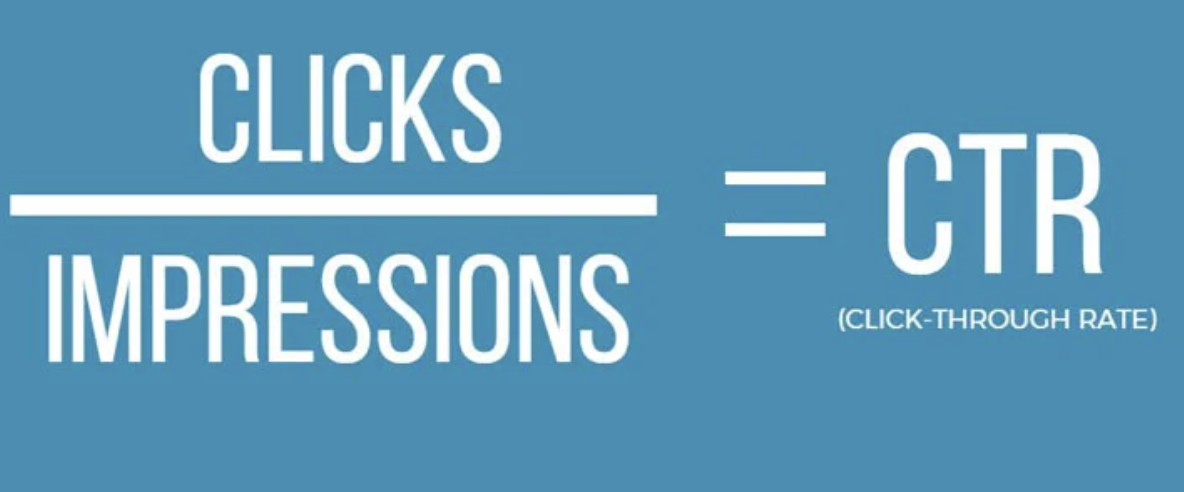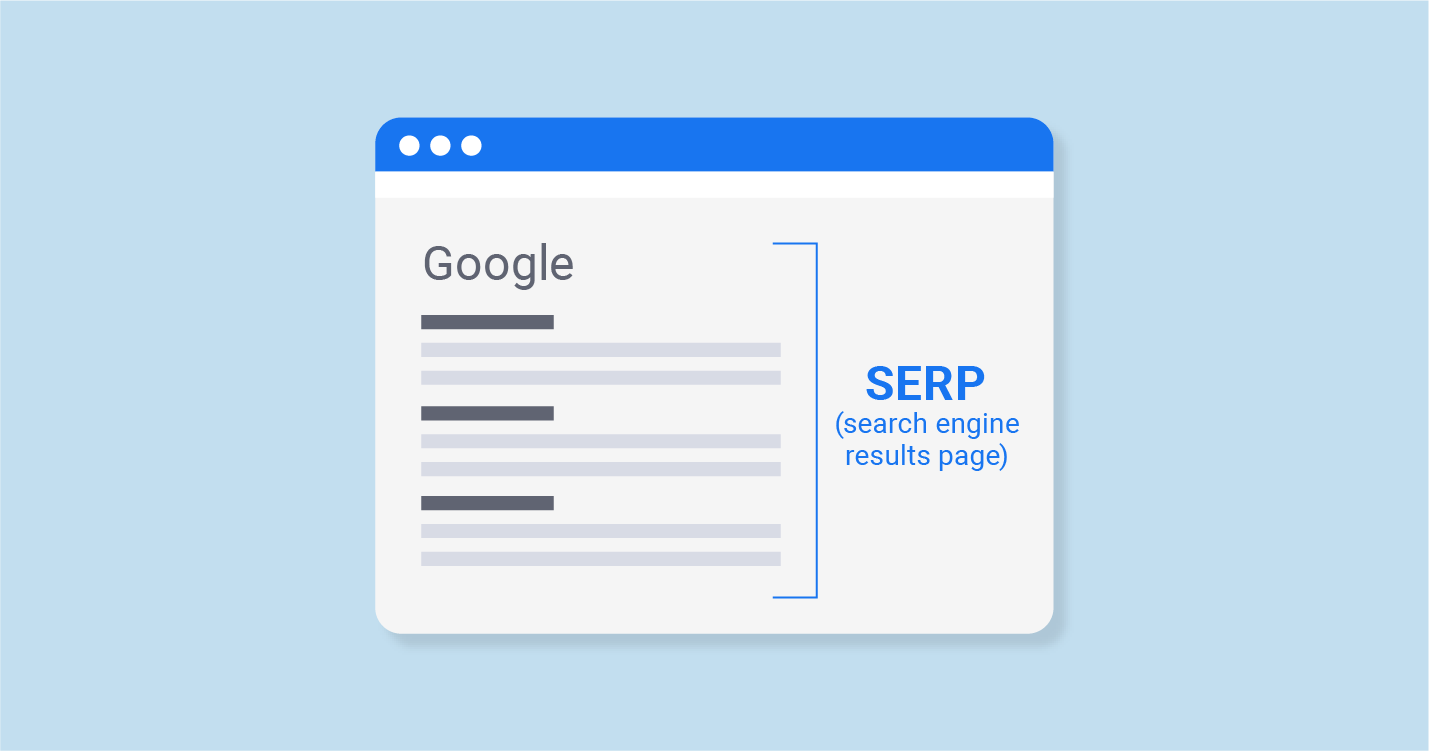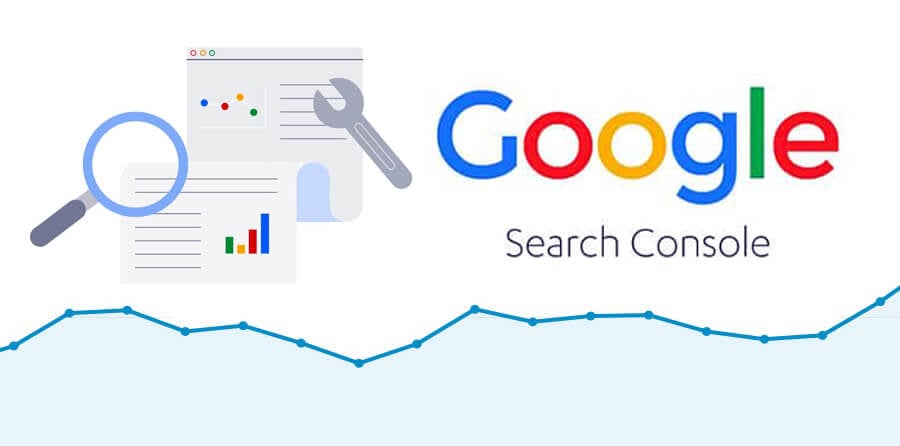Generate High-Quality Website Traffic with These 10+ Strategies
Securing top positions in organic search is one of the most effective ways to attract high-quality visitors to your website. However, many marketers struggle with generating consistent traffic. If you're facing this challenge, you're not alone.

Table of Contents
-
Conduct Audience Research
Understanding your target audience is the foundation of an effective content strategy. While promoting your business is essential, crafting audience-centric content is what drives engagement and conversions.
Why Audience Research Matters
✅ Identifies Pain Points & Goals – Helps you understand what your audience needs and struggles with, allowing for more tailored content.
✅ Aligns with Search Intent – Google’s search algorithms prioritize relevance, making audience-focused content essential for ranking.
✅ Boosts Conversion Rates – Content designed for your audience connects deeply, encouraging action and engagement.How to Conduct Audience Research
- Analyze Customer Queries – Review questions asked in forums, comments, and support emails for insights.
- Monitor Social Discussions – Check platforms like Twitter, LinkedIn, and Reddit for trending industry topics.
- Use SEO Tools – Leverage tools like Google Analytics, Ahrefs, and SEMrush to assess user behavior.
- Conduct Surveys & Polls – Direct feedback from your audience reveals their specific needs and preferences.
- Analyze Customer Queries – Review questions asked in forums, comments, and support emails for insights.
-
Perform Keyword Research
After conducting audience research, the next step in driving targeted organic traffic is keyword research. This foundational SEO practice helps you rank in search results by identifying the words and phrases your audience uses.
Why Keyword Research Matters
✅ Boosts Organic Visibility – Using the right keywords improves ranking potential.
✅ Matches Search Intent – Aligning keywords with user queries increases engagement.
✅ Enhances Content Optimization – Keywords should be strategically placed in SEO titles, headers, metadata, and content.Focus on Long-Tail Keywords
- Lower Competition – Easier to rank for than broad single-word keywords.
- More Specific – Helps match search intent, improving click-through rates.
- Better Conversion Potential – Attracts highly targeted visitors searching for precise solutions.
Recommended Keyword Research Tools
- SEMrush – Comprehensive keyword analysis & competitor tracking.
- Ahrefs – Insights into ranking keywords, backlinks, and search volume.
- Serpstat – Helps analyze competitive keyword trends
- Lower Competition – Easier to rank for than broad single-word keywords.
-
Understand Search Intent
Search intent—also known as user intent—is the reason behind a user’s search query. Identifying intent helps you align content with audience needs, boosting click-through rates (CTR) while reducing bounce rates.
Four Types of Search Intent
- Informational – Users seek information on a topic, product, or guide (e.g., "What is SEO?").
- Navigational – Users look for a specific website or page (e.g., "Ahrefs login page").
- Transactional – Searchers are ready to make a purchase or engage with a brand immediately (e.g., "Buy running shoes online").
- Commercial – Users intend to purchase soon but are still researching options (e.g., "Best laptops under $1000").
Why Search Intent Matters
✅ Improves Content Relevance – Helps create pages tailored to users' buyer journey stages.
✅ Boosts SEO & Engagement – Matching intent increases CTR and keeps users on-site longer.
✅ Enhances Conversions – Addresses user needs more effectively, leading to higher conversion rates. - Informational – Users seek information on a topic, product, or guide (e.g., "What is SEO?").
-
Spy on Your Competitors
Analyzing competitor strategies is a powerful way to boost organic traffic and refine your SEO approach. By studying how others drive search visibility, you can gain insights to enhance your own traffic generation strategy.
Identifying Competitors
- Direct Competitors – Brands offering the same products or services as you.
- Indirect Competitors – Businesses targeting your audience, even if their offerings differ, leading to keyword overlap.
Tools for Competitor Analysis
- SEMrush – Tracks competitor keywords, backlinks, and search rankings.
- Sprout Social – Analyzes social media engagement & content strategies.
- Ahrefs – Provides link-building insights and keyword performance.
How to Use Competitor Insights
✅ Identify high-performing keywords that drive traffic to competitor sites.
✅ Analyze content gaps where you can outperform rivals with better optimization.
✅ Monitor backlink profiles to replicate successful authority-building strategies. - Direct Competitors – Brands offering the same products or services as you.
-
Create High-Quality Content
Creating high-quality content is the backbone of a successful SEO strategy. While rankings matter, content should be engaging, informative, and valuable, ensuring visitors find real solutions and stay on your site longer.
Why High-Quality Content Matters
The effectiveness of your website’s traffic depends on how well your content connects with its audience. Google prioritizes expertly crafted, authoritative, and informative content using its E-A-T standards—Expertise, Authoritativeness, and Trustworthiness.
Beyond SEO, engaging content reduces bounce rates, improves user experience, and enhances conversions. If your content is well-structured and useful, visitors will explore more pages, interact with your site, and take action.
Essential Elements of High-Quality Content
1. Make It Readable & Well-Formatted
Content should be easy to read and visually appealing.
✅ Use short paragraphs to enhance readability.
✅ Include headings and subheadings to organize information.
✅ Utilize bullet points and numbered lists for clarity.
✅ Write concise, yet detailed sentences that provide value.2. Create Informative & Actionable Content
A great article should educate and motivate action.
✅ Offer step-by-step guides or practical solutions.
✅ Backup insights with examples, case studies, or expert opinions.
✅ Avoid filler—each sentence should serve a purpose.3. Write with Authority & Trustworthiness
Building credibility ensures content ranks well and earns audience trust.
- Ensure content is written by industry experts or those with knowledge.
- Support claims with verified sources, reliable data, and factual insights.
- Use clear, direct language that builds confidence.
4. Align Content with Search Intent
Content should match user search intent to improve relevance and engagement.
Four key types of search intent:
✅ Informational – Users looking for general knowledge (e.g., “How does SEO work?”).
✅ Navigational – Users searching for a brand or webpage (e.g., “Google Analytics dashboard”).
✅ Transactional – Users are ready to purchase or complete an action (e.g., “Buy Nike running shoes online”).
✅ Commercial – Users researching before buying (e.g., “Best smartphones under $1000”).5. Enhance Content with Internal Links
Strategic internal linking improves website navigation and keeps visitors engaged.
✅ Link related pages to guide users to valuable content.
✅Use descriptive anchor text for clarity.
✅ Ensure links flow naturally within the content.With millions of blog posts published daily, you need creativity and strategy to stand out.
-
Publish Guest Posts
Guest posting—also known as guest blogging—is an effective way to expand your reach, build backlinks, and drive traffic to your website. By publishing content on reputable sites within your niche, you can introduce your brand to a wider audience while improving your SEO.
Why Guest Posting Boosts Traffic
When you contribute a guest post to a high-authority website, you gain access to its existing audience. Readers who find your content valuable will follow links to your site, increasing exposure and engagement. Additionally, guest posts boost domain authority, helping you rank higher on search engine results pages (SERPs).
Best Practices for Successful Guest Posting
✅ Choose Relevant Sites – Target platforms that attract a similar audience, ensuring readers are genuinely interested in your content.
✅ Provide Valuable Content – Write insightful, informative, and actionable posts that deliver real value to the host site's audience.
✅ Focus on High-Authority Domains – Aim for websites with strong domain authority (DA), as these backlinks carry more weight in search rankings.
✅ Include Strategic Links – Insert relevant, non-spammy links directing readers to high-value pages on your website.
✅ Engage with Host Audience – Respond to comments and interact with readers to maximize engagement and build credibility.Guest posting isn’t just about link building—it’s about establishing authority, expanding reach, and driving targeted traffic.
-
Use Email Marketing
If you have an email list, it can be a powerful asset for increasing website traffic. Your subscribers have already shown interest in your content, making them highly engaged readers. Sharing blog posts, updates, and valuable insights via email keeps them coming back to your site while reinforcing your authority in your niche.
Leveraging Your Email List for Traffic
One of the best ways to keep your audience engaged is by consistently providing them with fresh and relevant content. Instead of just sending promotional emails, focus on delivering real value—whether through educational articles, exclusive insights, or even free resources.
- Share your latest blog posts – Introduce subscribers to new and valuable content they might have missed.
- Create compelling email subject lines – Make sure your emails stand out and encourage high open rates.
- Segment your audience – Personalize your emails based on user interests to boost engagement.
Check out this detailed guide for more list-building tips.
- Share your latest blog posts – Introduce subscribers to new and valuable content they might have missed.
-
Leverage Push Notifications
Push notifications are an effective way to re-engage visitors, ensuring they don’t miss out on your latest content. These messages appear directly in users’ browsers or mobile devices, making them an instant traffic booster. With tools like PushEngage, you can automate notifications without needing any code, streamlining your traffic strategy.
How Push Notifications Help Increase Organic Traffic
- Notify subscribers of new posts – Whenever you publish fresh content, send a push notification to drive immediate traffic.
- Promote popular or trending posts – Resurface high-performing evergreen content, directing new visitors to posts that convert well.
- Share exclusive content and offers – Offer discounts, downloadable resources, or special insights through push notifications to encourage engagement.
- Segment your audience by interest – Send notifications tailored to specific subscriber preferences, ensuring higher click-through rates.
Additionally, if you sell products or services, push notifications can serve as a direct promotional tool, helping increase conversions while keeping users engaged.
- Notify subscribers of new posts – Whenever you publish fresh content, send a push notification to drive immediate traffic.
-
Build Relevant Backlinks
Backlinks—links from external sites to your content—are a crucial factor in SEO rankings. Search engines interpret them as votes of confidence, signaling that your site provides valuable information. The more high-quality backlinks you earn, the stronger your domain authority and search visibility become.
Effective Ways to Build Backlinks
- Guest Posting – Publishing articles on reputable sites in your niche provides valuable backlinks while expanding your reach.
- Listing on Business Directories – Adding your site to trusted directories enhances credibility and earns authoritative links.
- Running Outreach Campaigns – Contacting industry influencers, bloggers, and site owners can help secure strategic backlinks.
- Getting Listed on Partner Pages – Collaborating with trusted brands to feature your site in recommended resources strengthens link equity.
Automating Link Building
Manual outreach can be time-consuming, but tools like Respona simplify the process. Respona helps identify relevant publications, contacts key decision-makers, and automates outreach, saving time while maintaining personalized communication.
- Guest Posting – Publishing articles on reputable sites in your niche provides valuable backlinks while expanding your reach.
-
Complement Your Organic Traffic Strategy with Paid Ads
While organic traffic remains a cornerstone of digital marketing, paid advertising can provide an extra boost, ensuring faster and more targeted reach. Combining both strategies allows you to maximize visibility and engage the right audience efficiently.
Why Invest in Paid Ads?
✅ Immediate Traffic Boost – Unlike organic search strategies that take time, paid ads can drive instant traffic to your site.
✅ Hyper-Targeting Capabilities – Ads allow you to define specific demographics, interests, and behaviors, ensuring you reach the audience most likely to engage.Effective Paid Advertising Methods
✅ PPC Ads (Pay-Per-Click) – Display ads on search engines like Google or on high-traffic websites, bringing targeted visitors to your content.
✅ Social Media Promotions – Platforms like Facebook, LinkedIn, and Instagram allow precise audience targeting, increasing brand exposure and engagement.Paid traffic works only as long as your budget lasts, which is why investing in SEO is crucial for long-term success.








